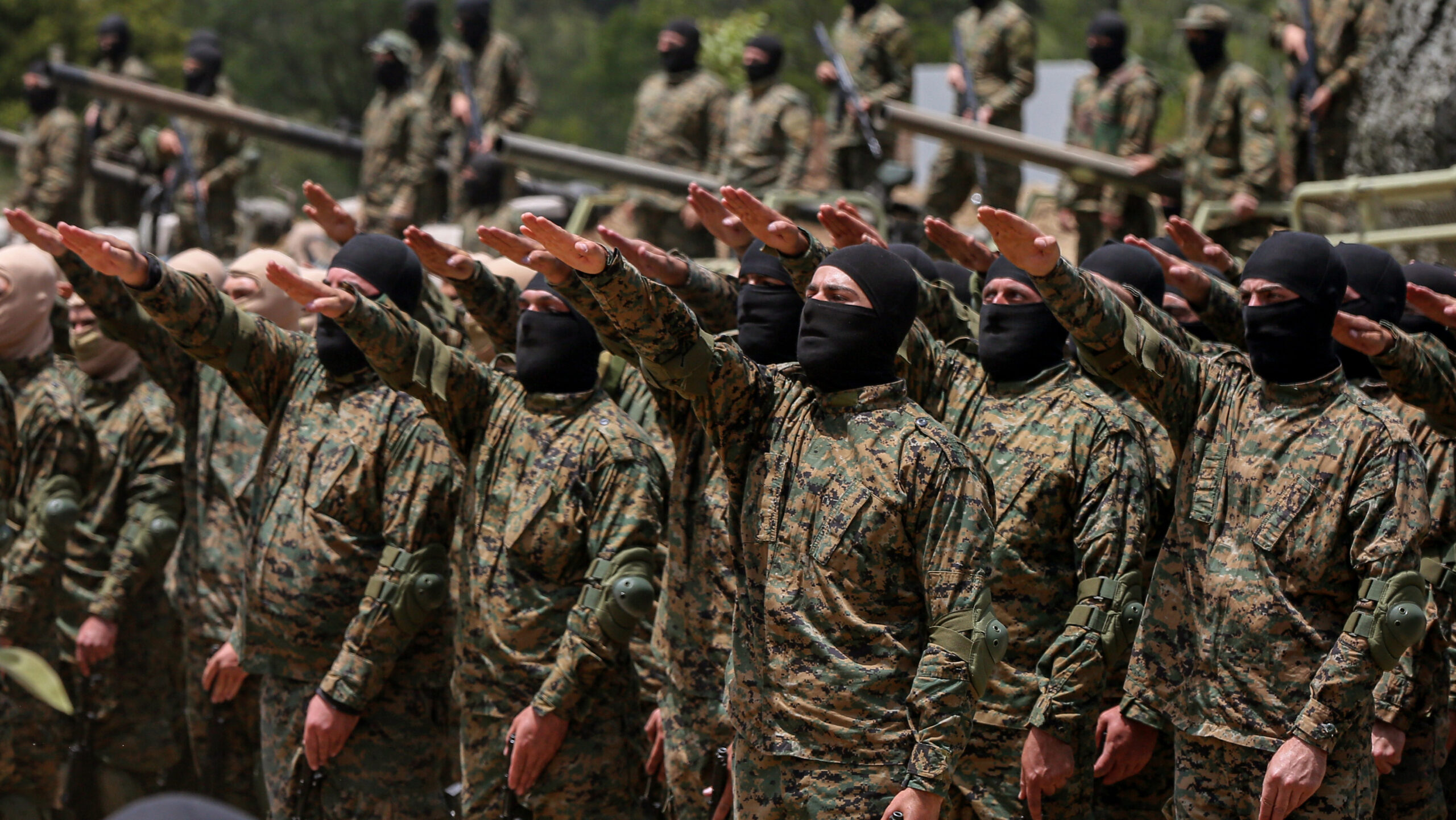Does Hizbullah Really Support Gaza or Does It Just Hurt Lebanon?
An-Nahar, Lebanon, Nov. 17
The Lebanese front that Hizbullah opened against Israel with the aim of “supporting” the Hamas resistance and its allied organizations in the Gaza Strip has garnered little media coverage and international attention. Even the White House’s response has been limited, with only an adviser conveying US President Joe Biden’s concerns about Iran’s involvement in escalating tensions with Hamas. Despite the potential for a larger regional conflict, the conflict in Lebanon remains largely overlooked. This ultimately hinders Hamas’ efforts. The actions of Hizbullah are being portrayed as proof that Hamas, just like Hizbullah, is merely a puppet organization that serves the interests of the Islamic Republic of Iran. The reality is that Hizbullah’s attacks on Israel only serve to undermine the goals declared by Hassan Nasrallah in his recent speech. It is clear that Hizbullah is not fulfilling its duties in terms of media, diplomacy, and politics. In fact, it seems that the movement is doing the opposite of what it claims to stand for. The entire purpose of establishing additional fronts to the one in Gaza is to counteract and undermine Israel’s military operation against Hamas. However, members of this coalition—in Lebanon, Syria, Iraq, and Yemen—have explained that they will not cease their attacks against Israel until Israel halts its ground operation in the Gaza Strip. This approach only serves to further complicate the situation and prolong the suffering of the Palestinian people. Iranian diplomacy has long been warning Israel and the United States about the impatience and resilience of the “resistance forces.” Despite these efforts, Israel, backed by the White House, has continued its military campaign without any hesitation. It is evident that the Israeli military, ever since the launch of its Iron Swords war on the Gaza Strip, has remained unfazed by the escalating tensions on the Lebanese border, the recent Houthi missile strikes on Eilat, or the attacks on American bases in Syria and Iraq. Meanwhile, Israeli forces carry out their mission with little to no pressure. In the midst of the ongoing conflict, Israel remains solely focused on weakening the capabilities of the resistance in the Gaza Strip. They do not seem to fear any retaliation from Hizbullah, the Popular Mobilization Forces, or Ansar Allah. What is even more concerning is the current state of Lebanon, which has now become a mere “support front” for Hizbullah. The country is in dire need of support, and it has attempted to convince the United States, France, Egypt, Qatar, and the Arab League to intervene. It is a critical time for the international community to take action and put an end to the ongoing violence in the region. The concern during the first few days of the war was whether Hizbullah would launch a full-fledged war with Israel. Paradoxically, this question has now shifted to: Will Israel extend its retaliation campaign against Hizbullah? The “support front” established by Hizbullah in southern Lebanon has yielded no gains for the Palestinian resistance. Furthermore, it has inflicted significant damage with far-reaching consequences for Lebanon. The losses incurred by Israel in opening the Lebanese front pale in comparison to the immeasurable toll on Lebanon, both in terms of human life and physical destruction. Hizbullah has exposed the inadequacies of both the Lebanese army and the UNIFIL forces in fulfilling their designated duties as outlined in UN Resolution 1701. This has brought southern Lebanon back into the spotlight for Israel, as the Israeli leadership is currently evaluating the situation. This evaluation includes discussions with their international allies to determine the next steps for the Gaza Strip postwar and to address the ongoing instability in southern Lebanon. Moreover, Hizbullah has clearly demonstrated that it holds the ultimate power in Lebanon, while the constitutional authorities hold no significant influence. This serves as a troubling indication for future regional and international relations, as Lebanon will struggle to garner international support without enacting significant political reforms. —Fares Khashan (translated by Asaf Zilberfarb)


